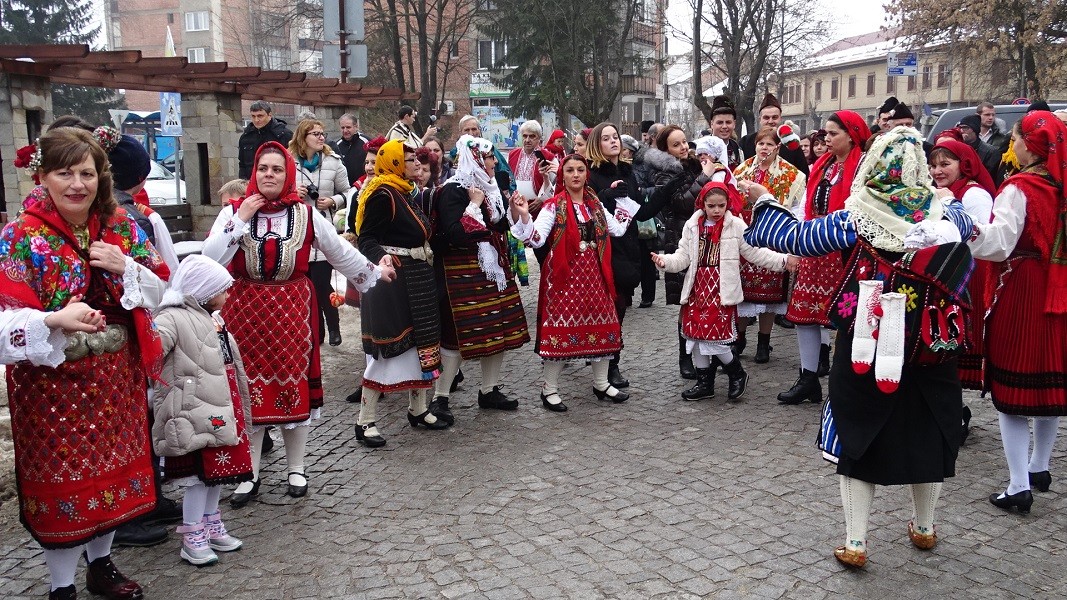In Bulgarian tradition January 21 is Babinden, grannies’ or midwives’ day, the last in the string of festive days connected with ritual bathing. It is a day honouring the “grannies”, the local midwives and healers who once helped women give birth.
In the past Epiphany and Ivanovden, the day of St. John the Baptist, were marked on 19 and 20 January (old style). Back then Babinden came as the natural end of the triad. It should not be forgotten that when we say “new and old style” this concerns the church calendar, but Badinden does not have a Christian Orthodox equivalent. But its celebration on both dates is a way to express just how much Bulgarians respect those who help women in childbirth, and then care for the baby and the mother.

Once, on this day, the grannies would go to the houses where they acted as midwives during the year, bathed (or sprinkled the babies with water) and blessed them. The women, on their part, would pour water out for the granny to wash her hands in, and gifted her with a towel and soap. This was followed by a festive lunch at the granny’s house, with each woman bringing ritual loaves of bread, banitsa, boiled chicken, wine and rakia. The only men allowed at attend these lunches were the men who played an instrument – bagpipe or gudulka – who would play for the women. In what was then a highly patriarchal society, this was the only day that women were allowed any banter, or to make jokes or witty remarks (some quite rude) about men. The day ended with ritual bathing followed by a women’s horo dance.
There are many entertaining stories described by ethnographers, as well as jocular songs sung on Babinden. One of them is Zaigralo babino horo, Grannies Dancing the Horo, performed by Shezhana Borisova and Kunka Zhelyazkova. Find out more about this traditional feast day in Bulgaria HERE.
Editing by Albena Bezovska
Photos: archiveThe Surva festival begins with the lighting of bonfires and mummers dancing the horo chain danie around the fires on the night of January 13-14. The power and timelessness of the masquerade tradition has led UNESCO to declare it a World Heritage..
Mummers from the neighborhoods of Bulgaria's town of Blagoevgrad, the neighboring villages and guests from Petrich paraded at a carnival in the regional town, as the sounds of hundreds of bells filled the town. For yet another year, the Mummers'..
For more than 20 years in the city of Montana, there has been a tradition on January 6 for people to go to Montanenzium Park, where there is an artificial lake, suitable for conducting the Orthodox Christian ritual called "Saving the Holy Cross" on the..

+359 2 9336 661
